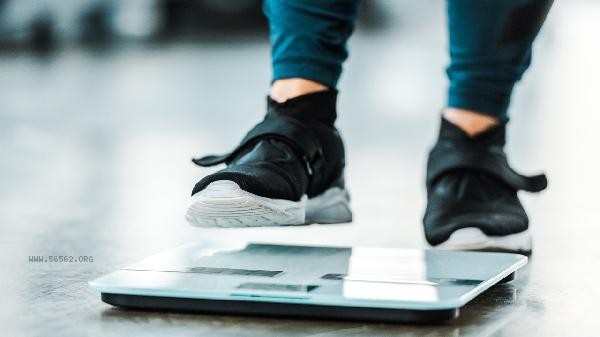A body fat scale displaying a muscle mass of 70 usually indicates a higher proportion of muscle tissue to body weight, which may reflect measurement errors or muscle development status. The muscle mass value is affected by measurement methods, body fat scale algorithms, body moisture, and other factors, and needs to be comprehensively evaluated in conjunction with indicators such as body fat percentage.

The accuracy of estimating muscle mass using bioelectrical impedance method in household body fat scales is affected by various factors. When the body is in a dehydrated state, has not fully recovered after exercise, or has poor skin contact during measurement, there may be a situation of high muscle mass deficiency. Due to long-term strength training, some fitness enthusiasts may indeed have significantly higher muscle mass than the general population, and the value of 70 may be close to the actual data. It is recommended to repeat measurements at fixed times, such as on an empty stomach in the morning, under the same physical conditions to improve comparability.

Under special circumstances, some metabolic diseases or abnormal renal function may lead to water retention, which may indirectly affect the electrical impedance measurement results. If the muscle mass remains abnormally high and accompanied by symptoms such as edema and changes in urine output, or is significantly inconsistent with the intuitive posture, medical examination should be considered to exclude pathological factors. Athletes or fitness enthusiasts can use professional instruments such as DEXA scanning to accurately measure muscle mass.

When using a body fat scale in daily life, the skin should be kept clean and dry, and measurements should be taken immediately after intense exercise. It is recommended to record trend changes on a monthly basis rather than individual data, and to comprehensively judge body composition based on indicators such as waist circumference and exercise performance. If you have doubts about the measurement results, you can consult a nutritionist or rehabilitation physician for professional body composition analysis and develop personalized muscle gain or fat loss plans.








Comments (0)
Leave a Comment
No comments yet
Be the first to share your thoughts!